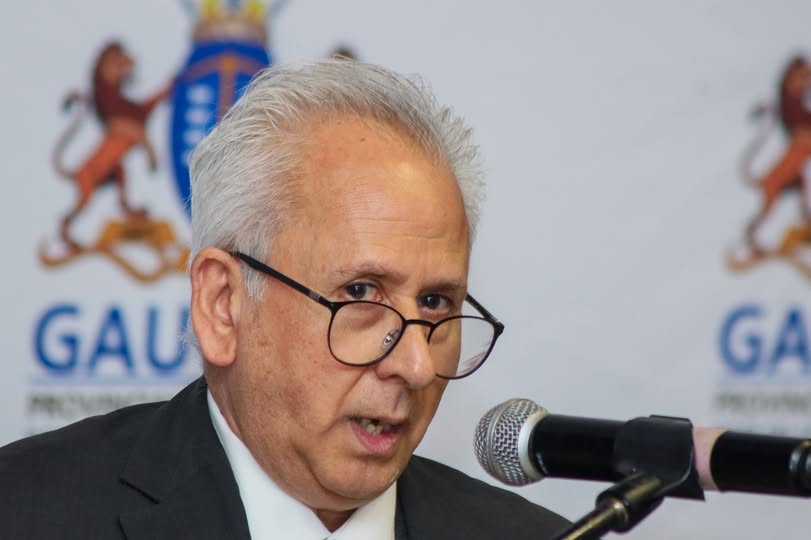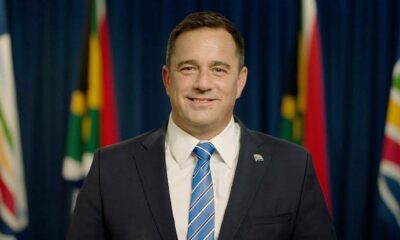News
Western Cape Sounds Alarm on Gang Violence: Why Policing Reform Can’t Wait

A province under pressure
The latest Policing Needs and Priorities (PNP) report has laid bare what many communities in the Western Cape already know too well: the province is under-policed, underfunded, and overwhelmed by gangs that function like multinational businesses.
Police Oversight and Community Safety MEC Anroux Marais did not mince words. The province may not control the SAPS, but the report provides the evidence needed to push for national reform. “Our power lies in policy influence,” she said, stressing that the PNP bridges the lived realities of residents with the frameworks that determine policing outcomes.
The findings are stark. Police numbers in the province have dropped from nearly 20,000 officers in 2016 to just 18,000 in 2022, while the population grew by almost 12%. In some crime hotspots, one officer serves nearly 1,000 residents.
The scale of the crisis
Acting Police Minister Firoz Cachalia, who visited Mitchells Plain and Mfuleni this week, admitted the truth many have feared. The capabilities for intelligence-driven operations are not yet strong enough to dismantle organised gangs.
Gang-related murders are at the centre of the crisis. The report notes that 90% of gang killings in South Africa happen in the Western Cape. These groups are structured, well-financed, and armed with weapons flowing in through porous borders. Drug networks fuel their reach, while poverty and unemployment supply a steady stream of recruits.
Infrastructure failures only worsen the picture. Police stations are in disrepair, vehicles are out of service, and outdated facilities slow investigations. Resources are thin, and deployment patterns often fail to match crime data that show murders peak at night and over weekends.
Beyond the blue lights
Experts argue that fighting gangs cannot be left to SAPS alone. Mark Shaw, an international crime researcher, pointed to South Africa’s global ranking, seventh on the crime index, grouping it alongside Colombia and Mexico. He warned that without a joined-up strategy across the justice system, progress would stall.
One pilot in Grassy Park shows how different thinking can help. A lawyer has been placed inside the station to improve police statements for gang murder cases. Poor paperwork had been sinking prosecutions; better drafting is already improving trust and conviction rates.
Cachalia also called for broader coordination. He highlighted the role of the National Prosecuting Authority, Asset Forfeiture Unit, and Financial Intelligence Centre in targeting criminal profits and networks, not just street-level activity.
Calls for local power
Premier Alan Winde praised the PNP for exposing the gaps and strengthening the case for devolving policing powers. He pointed to the deployment of 700 ward-based officers by the City of Cape Town and the ongoing rollout of LEAP officers as proof that local solutions can work.
“We cannot do this in silos,” Winde said. “We have to use technology, data, and partnerships across all levels of government, business, and civil society to build safer communities.”
Marais echoed that sentiment, arguing that without a coordinated, integrated approach, the province would remain trapped in cycles of crime. Her conclusion was simple: policing reform is not optional. For the Western Cape, it is a matter of survival.
Also read: Tshwane’s Big Bet on Manufacturing: Can It Unlock 80,000 New Jobs?
Follow Joburg ETC on Facebook, Twitter, TikT
For more News in Johannesburg, visit joburgetc.com
Source: IOL
Featured Image: Facebook/YFM



























